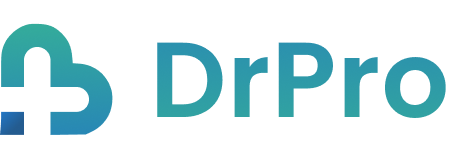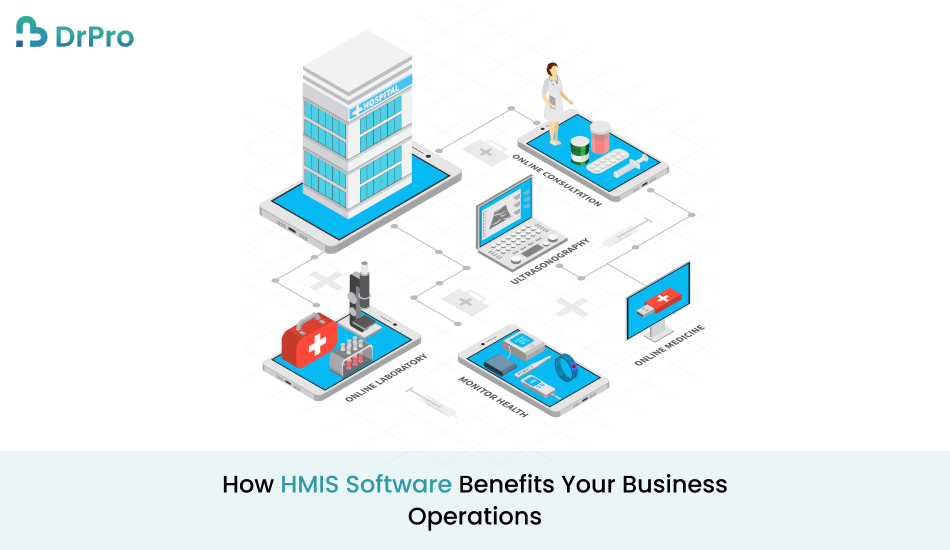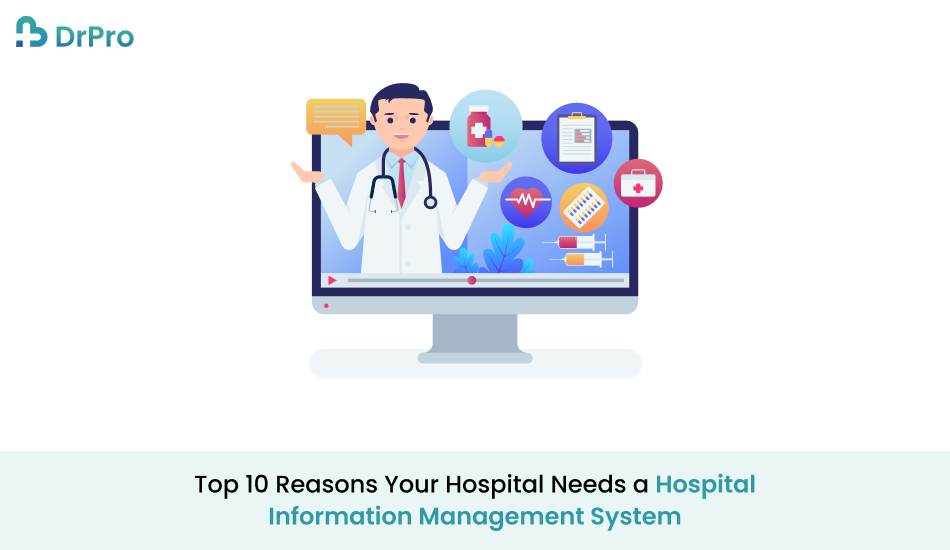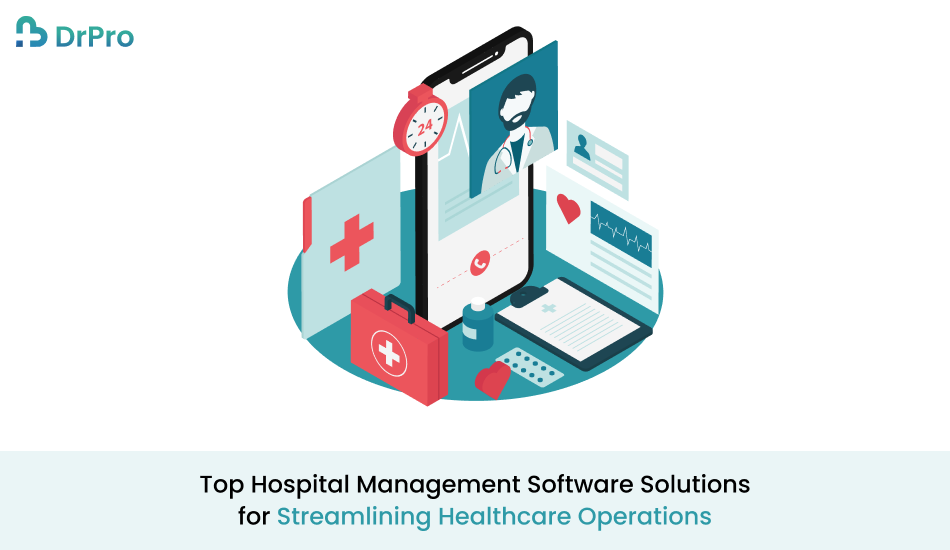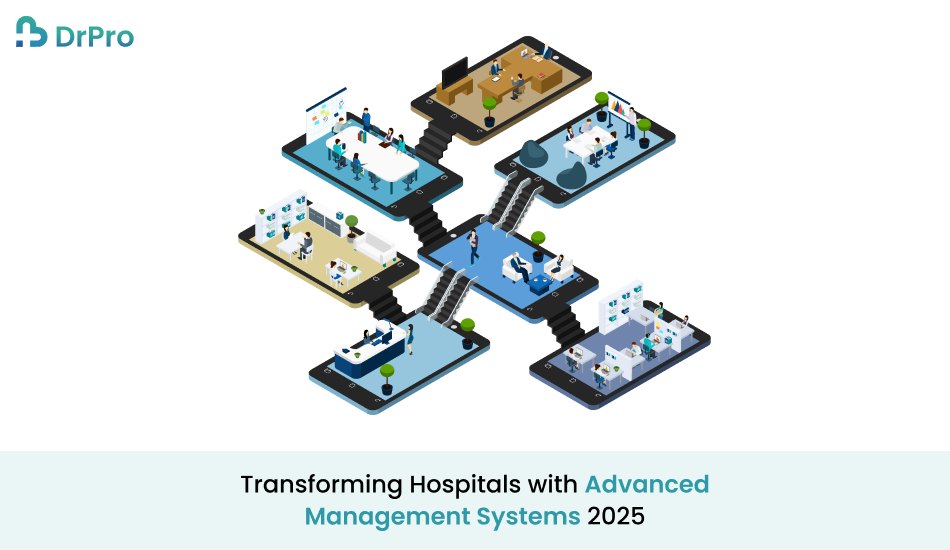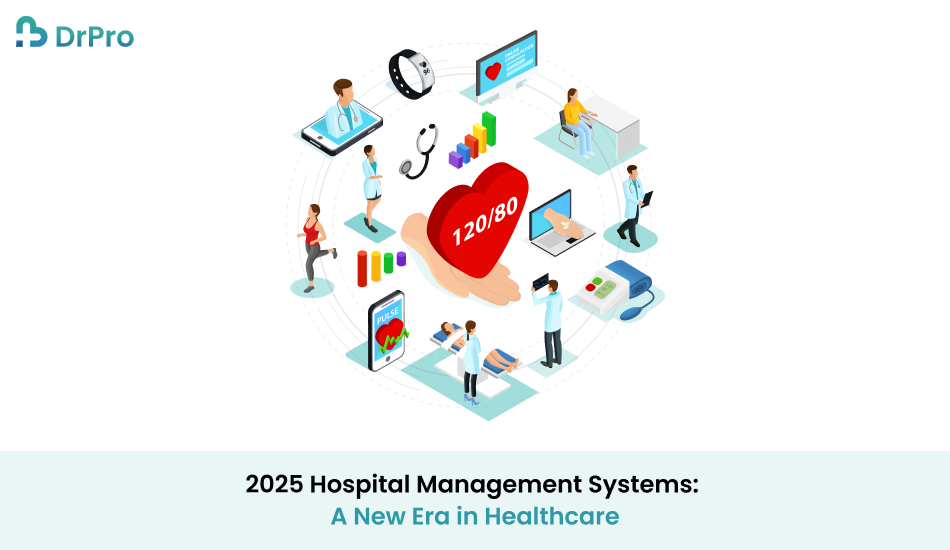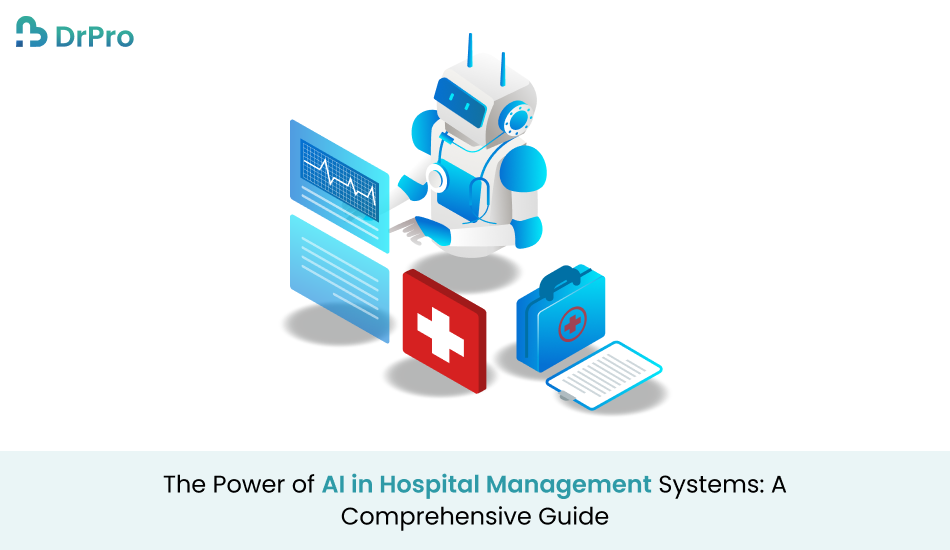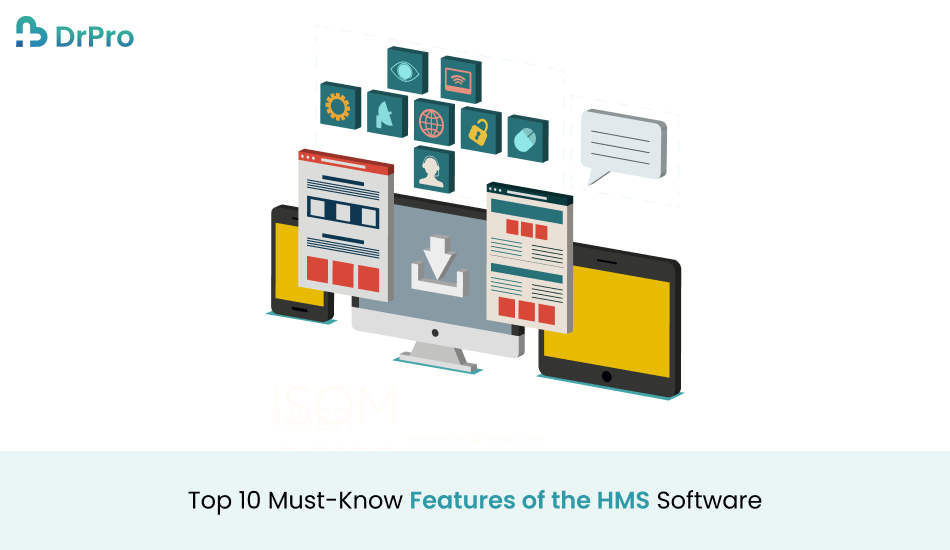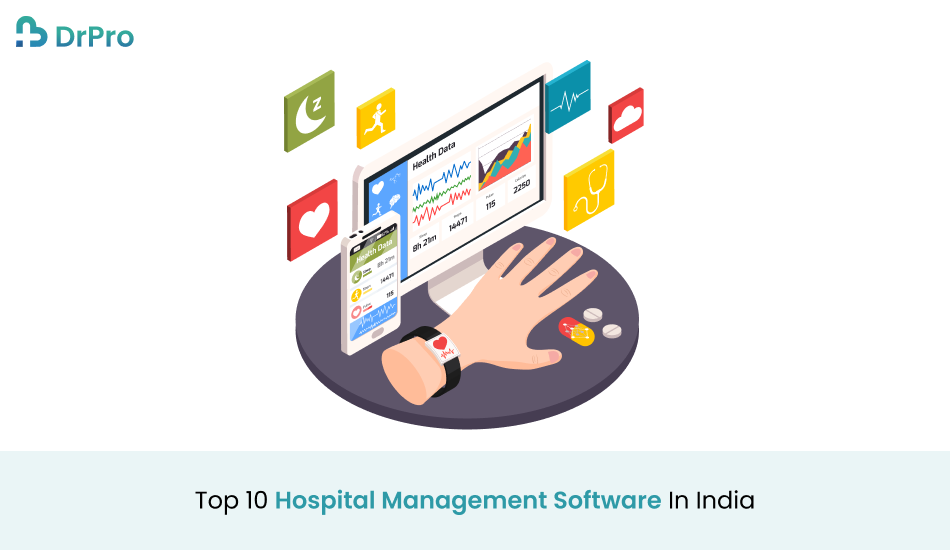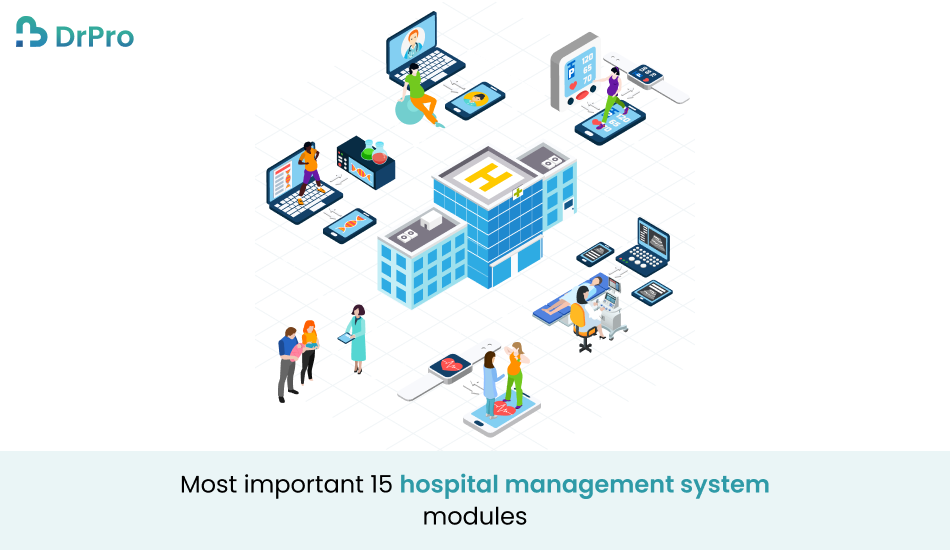How HMIS Software Benefits Your Business Operations
Healthcare business owners and employees work through a variety of tasks daily, including record keeping, appointment scheduling, stock control, report creation, and the important, but often overlooked, compliance with current laws and processes. To many hospitals, clinics, and other healthcare centers these challenges are almost unsolvable if they do not adopt the right tools. The HMIS software gives a strategic solution under one umbrella. An HMIS transforms complex and time-consuming processes into streamlined workflows, empowering healthcare providers to focus on what matters most: In deliverance of competent patient care. The systems thus make efficiencies and scalabilities where they have implemented processes of rationalization of administration tasks, data accuracy, and resources utilizing equipment such as HMIS software. Here in this article, you will learn the striking features of HMIS software and the different aspects of its functionality and components. Further, we’ll outline ways to choose the right HMIS for your facility and dispel the most common myths. What Are the Benefits of an HMIS Software? 1. Streamlined Operations Namely, manual control of hospital workflows is rather vulnerable to additional lead times. An HMIS streamlines such work processes by making operational tasks of patient registration, appointment setting, billing, and patient discharge instant and efficient. For instance, let us look at an outpatient clinic that is always full with tiny appointment slots because of communication difficulties. An HMIS can present appointment schedules that can be automatically generated, and reminders to all concerned parties can be generated. 2. Enhanced Patient Care An HMIS keeps all patient records and makes it easier for doctors and nurses to get quick access to a patient’s history and records, including diagnostic reports and treatment plans. This quick access speeds up the decision-making process and provides care to the patients. For example, a hospital utilizing an HMIS notifies specific doctors of medication interactions depending on the patient’s background to reduce risks. Also, real-time updates enable the healthcare teams to be informed of the status of the patient. 3. Cost Efficiency Managing a hospital or clinic entails various costs namely employee costs, items used in the operation of the hospital or clinic, and the other miscellaneous expenses incline with the management of the health facility. This leads to lower costs than when using paper-based systems of data recording, minimal manual input and mishaps, as well as the most efficient use of resources in an HMIS software package. For instance, a lack of stock officers keeps products such as medical equipment and medicines from being purchased in large quantities and overstocked, while at the same time, the health facilities do not run out of stock due to late orders placed. 4. Data Accuracy and Security The use of a manual record-keeping system results in complications and makes patient records vulnerable to violation. Other problems are solved with HMIS software since the software enforces standardization and security in transferring data. HIMSS research in 2021 showed that based onHMIS, the number of documentation errors decreased in territories of authoritative hospitals by 30%. Similarly, it is found that the majority of HMIS platforms have incorporated encryption mechanisms, user access controls as well as auditable trails as means of protecting data. 5. Regulatory Compliance This means that healthcare facilities must follow legal and ethical requirements such as HIPAA in the USA and GDPR in Europe. HMIS software can therefore be effective in a simple way of reducing complex processes and record-keeping as well as creating reports that can easily pass through an audit. For instance, consent forms can be tendered electronically within an HMIS, and documents needed for periodic regulatory audits are created, cutting on the time worked by administrative staff. 6. Better Resource Allocation It is always a headache to try and allocate resources in health facilities, especially during peak seasons. With an HMIS, staff, equipment, and facilities are made to be most productive on a real-time basis. For example, during a flu season, large traffic is expected and thus an HMIS can assist the administrators to forecast the expected traffic and promote adequate staffing. Key Components of HMIS Software A well-designed HMIS is made up of various modules that work together to provide a centralized solution to a hospital’s business. Here are the key components: 1. Patient Management System This module deals with patients’ registration, appointment booking, and patient record systems. It means that the patient is taken through a cycle from admission, through the time of being accorded care, right up to discharge. 2. Electronic Medical Records (EMR) An EMR system consolidates patient information such as medical history, diagnoses, and treatment plans and makes it available to those with permission to access the system at any one time. 3. Accounting and Billing This component simplifies billing and ensures that accurate bills are produced together with the insurance systems to ease claims. 4. Inventory and Pharmacy Management Medical supplies and medications management is important for effectiveness in handling medical services. An HMIS can capture the stock level, expiry dates, and rates of usage and can inform appropriate restocking. 5. Laboratory Information System (LIS) This act can include everything from placing an order for a specific test within the lab to generating a report for a particular patient. They make it possible to have fast and effective interaction between the carers in the healthcare facilities and the laboratory staff. 6. Human Resource Management This constituent aids in optimizing staff rostering, compensation administration, and performance management hence creating a compliant workforce. 7. Analytics and Reporting HMIS leverages the use of sophisticated analytical tools that help the software administrators in monitoring and calculating KPIs, assessing the system bottlenecks, and therefore making informed decisions. What Are the Various Functionalities of HMIS Software? Appointment Scheduling An HMIS automates issues such as appointment booking in a way that eliminates the frustrations of long waiting times for patients as well as the burden of work that comes with such on the staff. Most also offer options for patients themselves to schedule through mobile applications. Real-Time Updates No matter whether
How HMIS Software Benefits Your Business Operations Read More »

